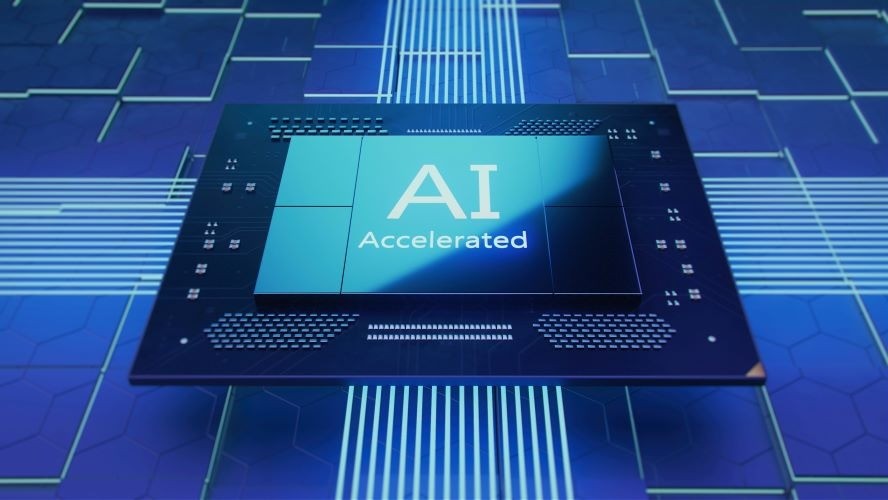In the last three decades, the role of specialized hardware platforms diminished substantially as “software over generic hardware” became the basis for most applications. While software skills were sought after in every high-tech company, hardware teams and expertise kept shrinking.
The times are changing and the pendulum is swinging back toward the need for specialized hardware platforms to accelerate emerging applications. As cutting-edge AI algorithms push the boundaries, they are compute-hungry and need cost-effective and low-latency GPUs, CPUs and specialized hardware accelerators to adequately handle scaling and security aspects of emerging applications.
AI software operating on general-purpose hardware platforms cannot deliver real-time AI decision-making capabilities at a large scale with reliability. For this, we need specialized hardware augmentation that will provide a “hand in glove” architecture to deliver scalable, reliable and responsive AI-driven outcomes.
AI application architects will need to define the computing needs of their application subsystems based on the data strategy and algorithmic architecture. This type of methodic analysis will lead to the fortification of GPUs/CPUs with emerging AI application-specific processing modules, which will also provide information security and end-user privacy. This transition will usher in the resurgence of many new innovative hardware building blocks that supplement the current GPU/CPU and FPGA based existing hardware landscape.
Future hardware innovations will drive far more cost-effective, secure and energy-efficient architectures than what exists today. The pendulum is swinging back towards a proper hardware-software balance.
To learn more, please visit www.experienceflow.ai
Atul Bhatnagar
CEO, ExperienceFlow.ai



